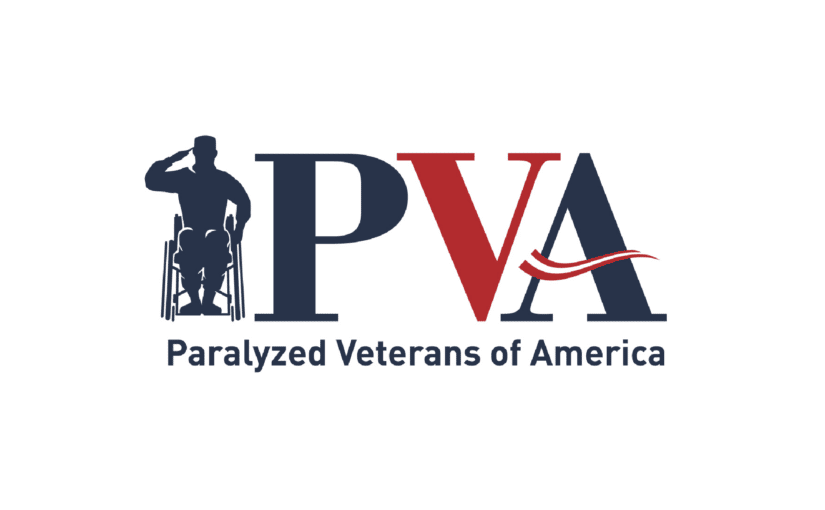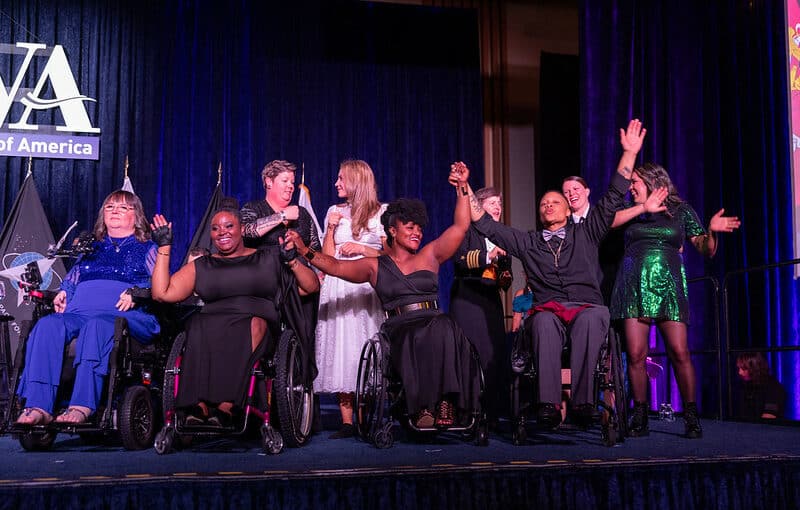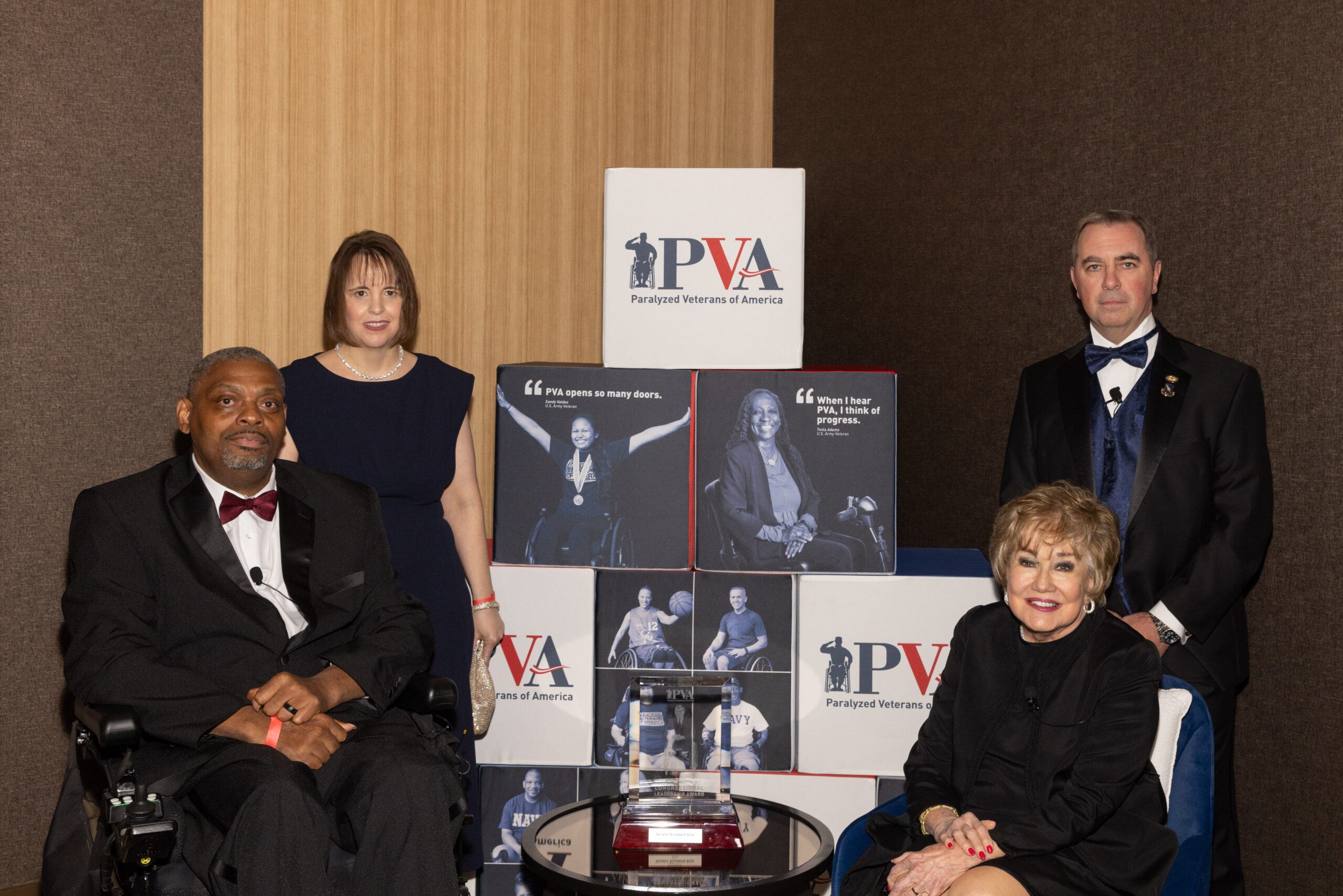Handicap Parking Abuse
In every parking lot there are blue lines and warning signposts adjacent to empty parking spaces reserved for people with a registered disability…spaces, one might rationalize, that seem never to fill up, so, therefore: Why shouldn’t I park there?
But, in fact, when people park in a spot neither created nor at anytime meant for them, they contribute to handicap parking abuse, an unfortunate phenomenon that in this day and age—a time of more errands, more people, but less land and fewer parking spaces than ever before—seems to be worsening each year.
Parking abuse exists in two primary forms: obviously, the first is when a person who does not have a disability parks in a handicap space. The second is when placards are loaned out to individuals that are not disabled.
In both instances, the problem is a lack of repercussions. Because punishment for parking abuse is marginal and seldom doled out, there exists little incentive not to exploit the parking system.
In most states, for example, handicap parking stickers and dashboard tags neither expire nor are registered to individual vehicles, so people can pass them around to friends and family. Because a disability may not be outwardly visible, and because many people with mental or other such less-immediately-identifiable issues legitimately use their permits, law enforcement officials have difficulty in detecting, and reluctance in probing, this type of abuse.
Even when a car bearing no permit blatantly misuses a parking spot, backlash rarely occurs. Law enforcement officials, generally, give little importance to the problem.
As a consequence, people who need those parking spaces to accomplish necessary daily tasks—purchasing groceries, visiting the doctor, etc.—are unable to get them.
The executive director of the Northwest Chapter of Paralyzed Veterans of America, Ernie Butler, has become somewhat of a crusader on the issue. He serves on the Seattle Council on Disability, which advises the City Council on disability issues.
In Seattle, the city government is attempting to tackle parking abuse, and Butler enthusiastically supports the goal of the initiative, but the methods of achieving that goal worry him. Currently, people with disability plates or placards can park for free on Seattle streets. In order to curb illegal parking, the city parking enforcement proposes to limit this parking to four hours, which will provide greater turnover in parking, and, the city hopes, help to curb misuse of these placards.
“We on the council vehemently disagree with [parking enforcement’s] proposition.” Butler says. “[Parking enforcement] is suggesting to punish the entire disabled community in an effort to prevent the few illegal users, who, according to the enforcement folks, will suddenly decide that, if they can only park for free for four hours, it is no longer worth using the placards and the problem goes away.”
The Council on Disability has made important strides already by, for example, having the city identify placard misuse as a breach of the law (for years, parking enforcement could not write a ticket for parking abuse), but has found itself frustrated with the current issue. The officers who now have the right to ticket don’t, and, thus, a new burden of curbing the abuse has fallen to the very people a burden should have been lifted from: the disabled community.
Butler likens the situation to “suggesting a bank limit the number of hours that tellers will be available in an effort to curb bank robberies.”
He concedes that, naturally, if a bank is open for fewer hours, the window of opportunity for a bank robbery is lessened, and there will be fewer bank robberies. There will also, however, be fewer customers.
“Punishing the honest user in the misguided belief that it will limit the problem is simply not the way to deal with this,” Butler contends. “Look at any highway in America. Where speeding is strictly enforced and ticketed, there is a marked reduction in the number of speeding incidents. Where there exist little policing, there is a higher incidence of speeding, and speeding related accidents. Enforcement is what works.”
The situation in Seattle, sadly, is not unique.
Aside from engaging in hearty civic lobbying, as good people like Butler are doing, we, as bystanders, though unable to arrest abusers, can report them. Reports can be made by notifying the police of the violation or through the Department of Motor Vehicles of one’s state. Reports should provide the license plate number of the offending vehicle and the placard number, if applicable.
While reporting helps, a greater structural problem, as Butler points out, still persists.
“Education and warnings, followed by ticketing and steep fines,” he says, “is the better and more correct way to deal with this issue. These placard abusers are flaunting the law because they know they can get away with it. We need to change that message.”



